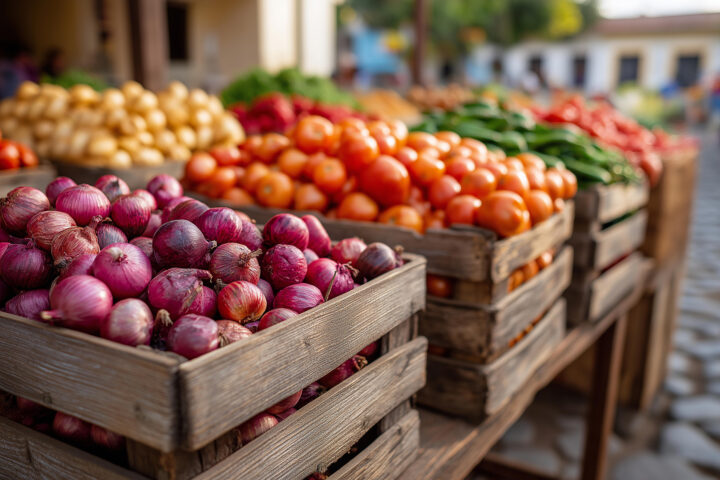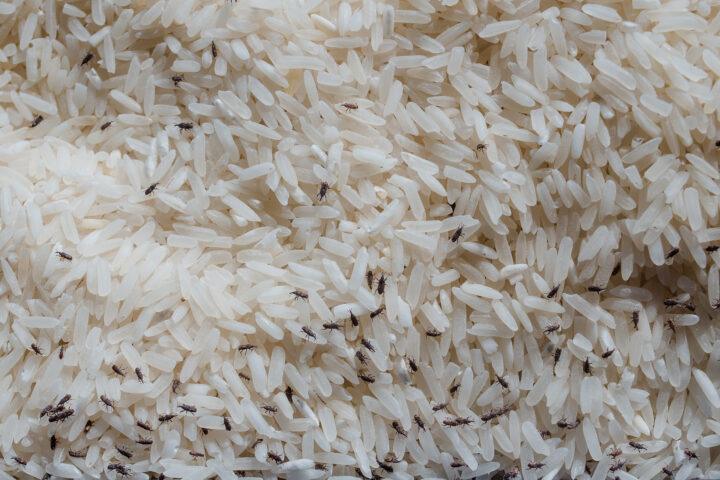
Five myths about pesticides
The Austrian "Kronen Zeitung" clears up five myths about the use of pesticides in agriculture. With regard to toxicity, what the doctor Paracelsus knew still applies today: The dose makes the poison.
Monday, February 14, 2022
The subject of pesticides is repeatedly taken up in the media. It is often suggested that the use of pesticides pollutes drinking water and is harmful to human health. But other myths also persist. The "Kronen Zeitung" debunks the following five myths:
1. Only agriculture uses pesticides
That's wrong. Pesticides are pest control agents and are also used in other industries. Pesticides also include, for example, disinfectants against viruses and bacteria, ant or rat baits, wood preservatives against fungal infestation, chlorine for drinking water treatment or anti-algae agents in swimming pools. Crop protection products are a subgroup of pesticides and protect crops from fungal attack, rot and harmful insects.
2. Pesticides contaminate groundwater
This claim cannot be backed up with facts either. With regard to Austria, the "Kronen Zeitung" writes that the pollution of the groundwater has decreased significantly since the 1990s. Only 0.5 percent of around 180,000 examinations exceeded the precautionary value. Accordingly, the Austrian drinking water is of excellent quality and can be enjoyed without hesitation.
3. Residues in food slowly poison
There is also no evidence that pesticide residues in food are harmful to health. Pesticide residue limit values apply to foodstuffs, which are set in such a way that they do not damage human health even if consumed for a lifetime. Only 2.5 percent of the foods examined by the Agency for Food Safety (AGES) exceeded the maximum permissible value.
4. Conventional agriculture is spraying more and more
The opposite is true. The use of pesticides on Austrian fields has fallen by 19 percent since 2015.
5. Pesticides are prohibited in organic farming
That's not correct. Organic farms also use pesticides. 43 percent of the plant protection products sold in Austria are also approved for use in organic farming. After all, fungal diseases, harmful insects and weeds do not stop at organic farms. Due to climate change, the growing conditions for farmers are increasingly deteriorating. They will therefore continue to be dependent on pesticides in the future. Proper use based on the principle of “as much as necessary, as little as possible” remains important.
Sources
Related articles

Why cutting out synthetic pesticides will reduce food production
The UK’s action plan to reduce pesticide use could backfire, warns agronomist Greg Dawson: overly strict regulations may make domestic farming unprofitable – and increase the United Kingdom’s dependence on imports.

Approval studies for plant protection products are science-based
The approval of plant protection products in Switzerland is subject to strict legal requirements. Ultimately, this approval process is based on scientifically sound studies. These studies are financed by manufacturers, but they must comply with clearly defined governmental requirements and controls. The aim is to ensure reliability and independence.

Grain beetle eats its way through Swiss grain stores
The grain beetle is spreading in Swiss grain stores. Introduced via international trade, it threatens harvests and impairs food quality.

New problem: soft bugs, native pests discover fruit and vegetables
Soft bugs are spreading at lightning speed in fields and greenhouses in southern Germany. These pests are destroying fruit and vegetables and pushing agriculture to its limits. Effective plant protection products must be found urgently to safeguard harvests.

